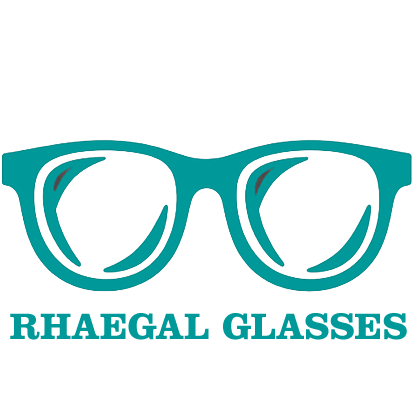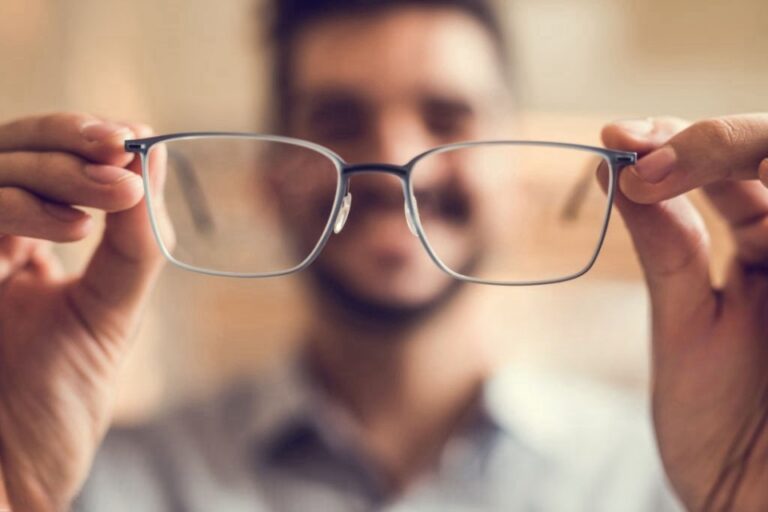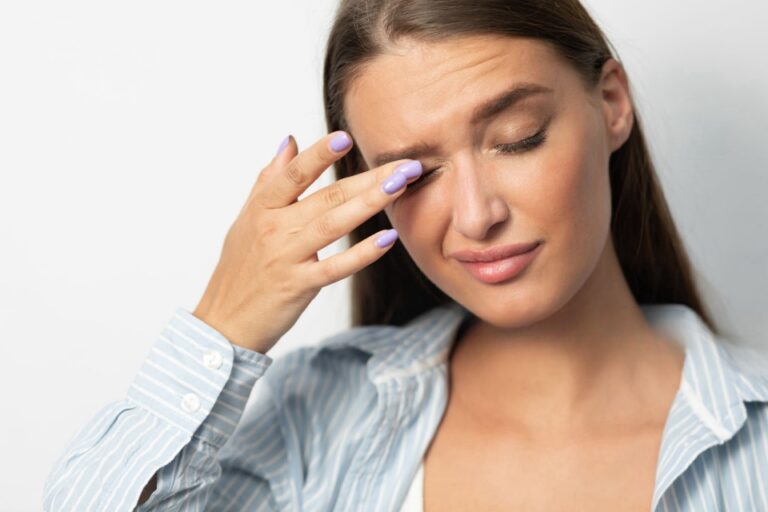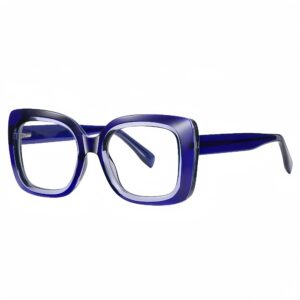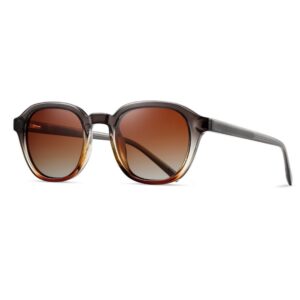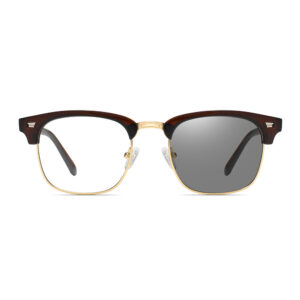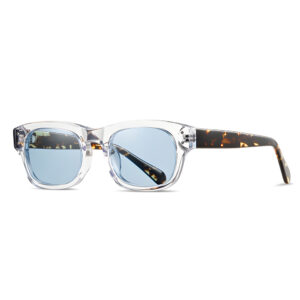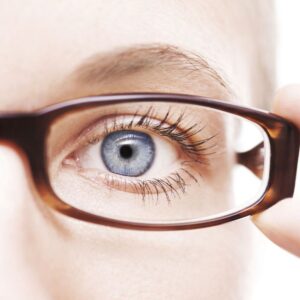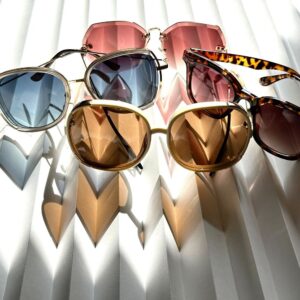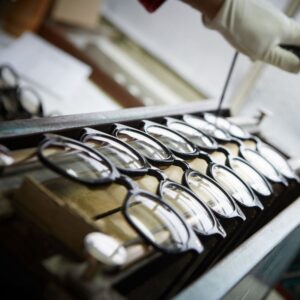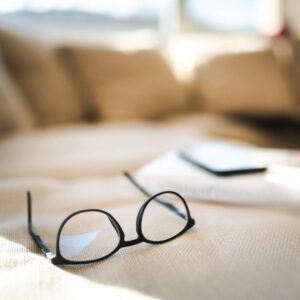
Great things in business are never done by one person. They’re done by a team of people. We have that dynamic group of peoples
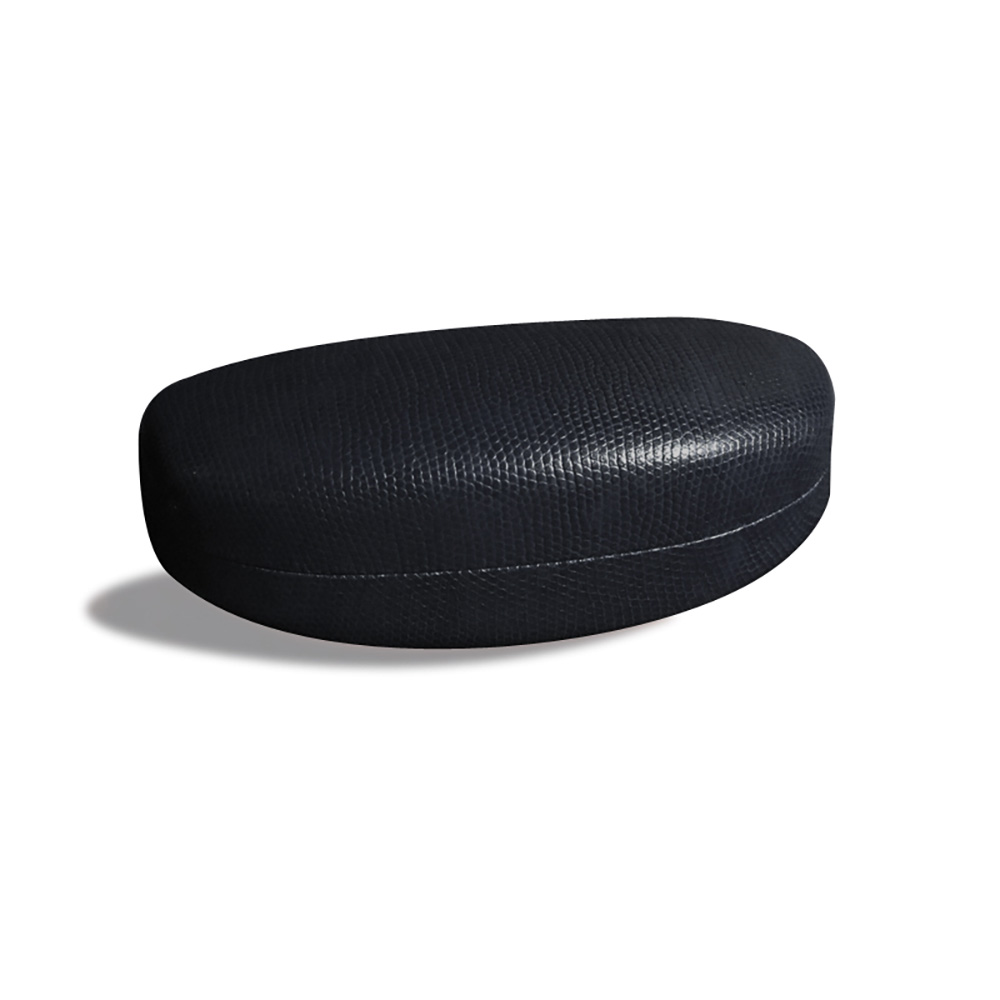
Customized PU Leather Glasses Case Factory
Home WhatsApp Email Eyeglasses, Reading Glasses Blue Light Reading Glasses Factory, China Blue Light Glasses for Reading, China Reading Glasses
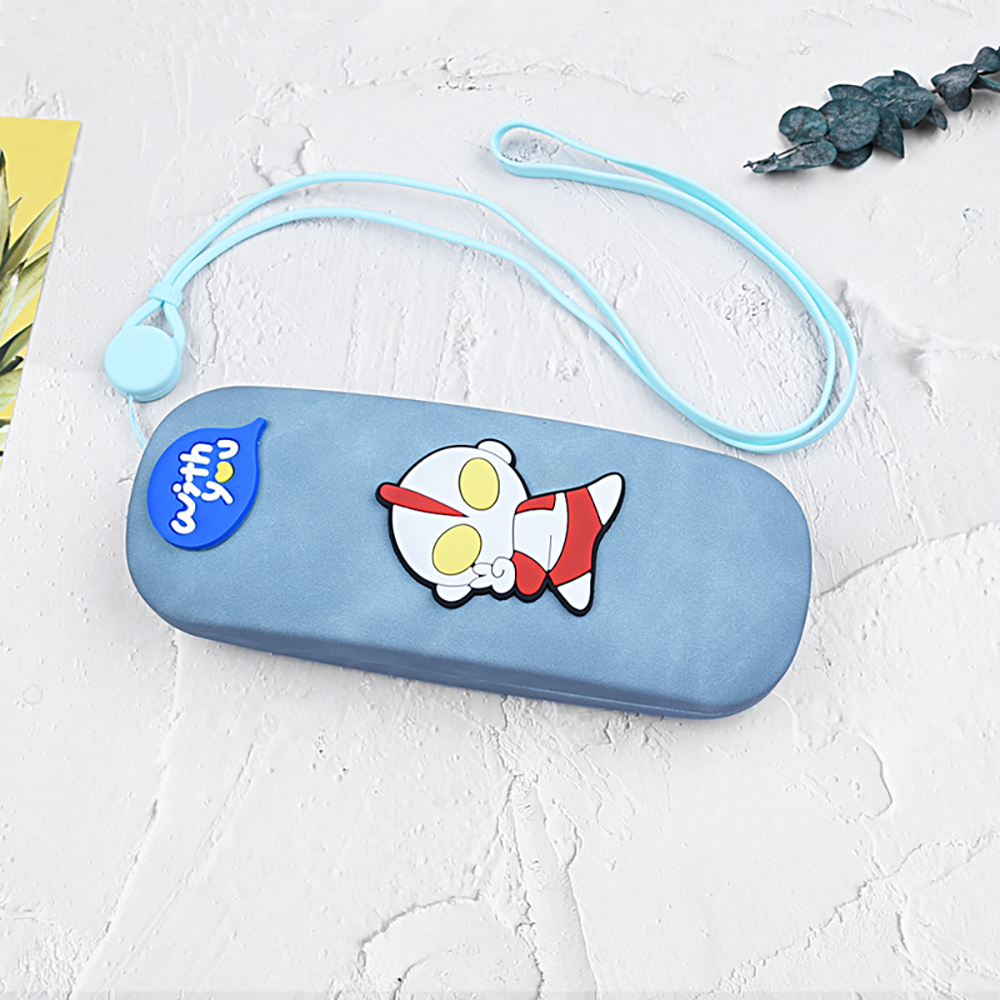
Wholesale Kids Glasses Case with Strap
Home WhatsApp Email Blue Light Glasses, Eyeglasses Customized Unisex Eyeglasses Frames, Unisex Eyeglasses Frames wholesale, Wholesale Eyeglasses Frames The Problem:
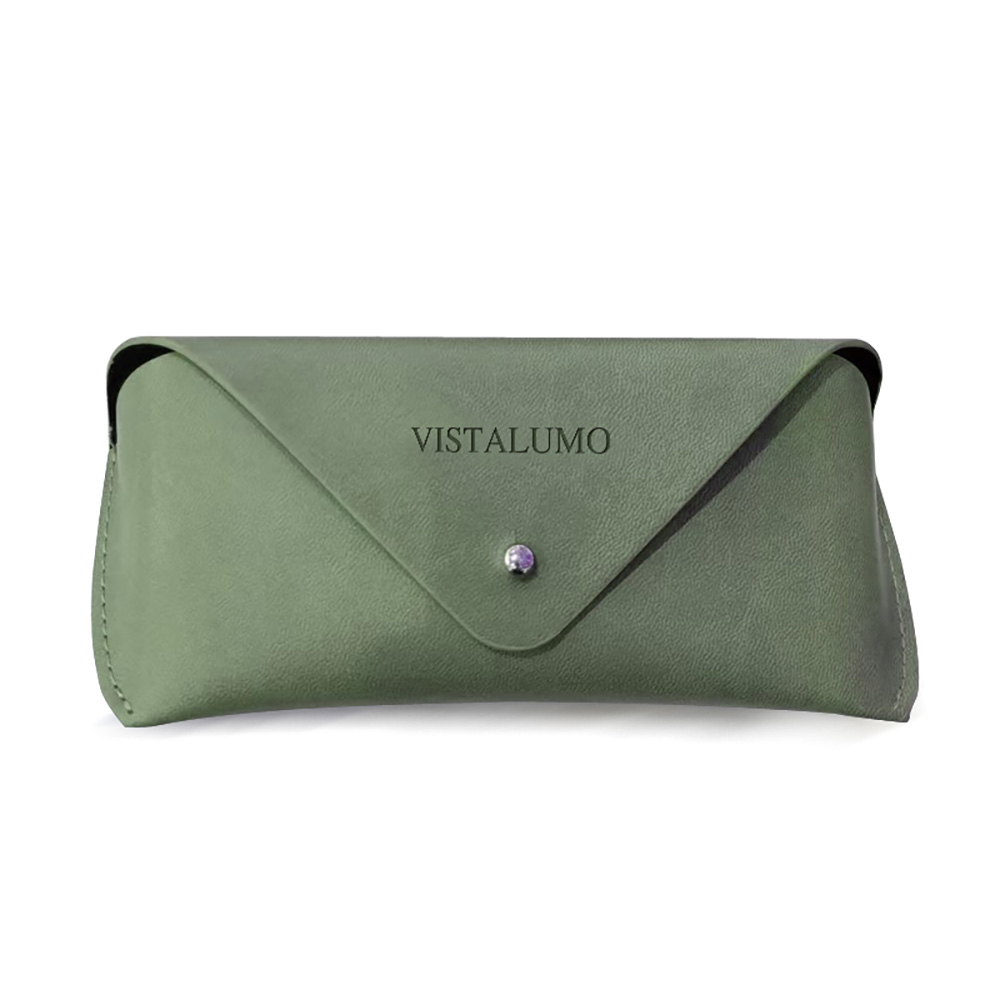
Wholesale Durable Ray Ban Sunglass Case Factory
Home WhatsApp Email Blue Light Glasses, Eyeglasses Blue Blocker Glasses Computer, Blue Blocker Glasses For Computer, Custom Blue Blocker Glasses
